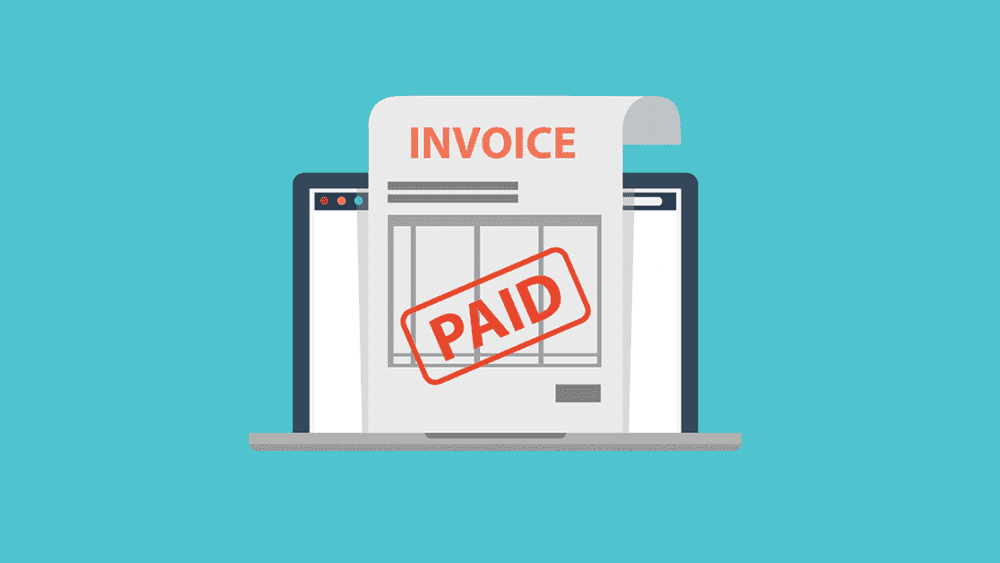It is not only EU regulations and national law, but also an increasing number of projects pertaining to digital transformation, which render e-invoicing essential all over the world. Avoiding e-invoicing is no longer a viable solution.
One way or another, businesses shall have to finally face up to the challenge of electronic invoicing, especially in today’s context with many businesses collaborating with the public sector. This means their invoices must be issued in a standardized, digital and structured way. Disregarding or avoiding e-invoicing no longer remains an option.
It does not suffice however to implement a system or a new process. With regard to the standards, transfers and legal requirements (content, audits, record keeping etc.), there are different regulations in each country that need to be taken into account. Moreover, legislation may change at any time, so being prepared to respond to such changes is essential.
For businesses already having to implement electronic invoicing due to their collaboration with public organizations, it makes sense to use electronic invoices for all their B2B partners. In this sense, e-invoicing may be considered a starting point for digital transformation which is deemed to be crucial in the current environment.
Electronic invoicing is a critical factor for accelerating digitization. One of the main reasons for this is cost reductions due to automation. According to recent research, the traditional, manual processing of customer invoices on paper or PDF costs > 4 euros on average. The electronic processing of invoices and e-invoicing solutions reduces this figure to approximately 80 or 90 cents.
Challenges and expertise
E-invoicing solutions must be able to deal with a wide range of challenges. For example, they must allow the processing of issued invoices in various forms and prepare them for later processes, such as conversion, adding data or orders from ERP systems, as well as generating and transferring data records to ERP systems. In addition, electronic invoicing solutions must be able to evaluate, issue, record and archive invoices for purposes of clarity and reliability or in response to legal regulations. They must also offer a wide range of workflow capabilities.
Advanced, integrated e-invoicing solutions -especially cloud-based ones as ECOS E-Invoicing- do not only meet the needs of big enterprises, but also take into account the requirements of SMBs.
However, the most significant aspect of the matter, both now and in the future, remains the fact that businesses are in a position to utilize new technologies and trends, as well as any market changes, to their benefit, whether on a national or international level. The results become immediately discernable in relation to business competitiveness, growth and -ultimately- profitability.



Comments are closed.